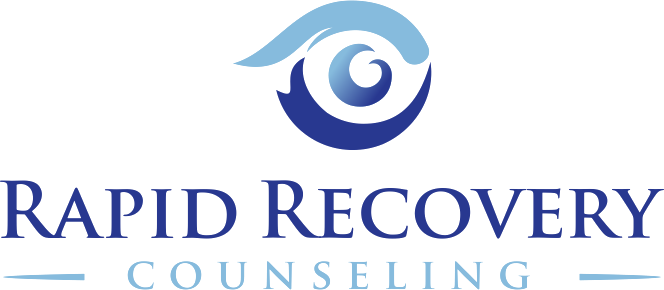“Keep the Knowledge, Lose the Pain.”
I love this quote because it’s so true when it comes to the positive effects of Accelerated Resolution Therapy. Imagine experiencing the sudden and tragic loss of the person you love the most in this world. After losing this person, you can’t stop from seeing images in your mind of them passing away. It’s causing nightmares, anxiety, depression and outbursts of anger. To make things worse, you’re afraid that if you seek help for the traumatic memories, and recover from them, that you’ll only be losing the person again. The memories, although so painful and not how your loved one would want to be remembered, are all you have left.
Thankfully with ART, you can treat your trauma (along with substance use, anxiety, and other issues) to eliminate your painful symptoms. You will still know the facts of what happened, but will lose the painful images, sensations, and other symptoms that are causing you suffering. In the example above, you will remember the beauty in how the person lived, as opposed to they way in which they were lost.
How does ART work?
ART works to change the way distressing memories and images are stored in the brain. Think of the brain like a nice house with plenty of storage space for our memories. But when we experience things like trauma and substance use, bad memories, feelings, and triggers pile up like trash and clutter in our home. There’s no room to move about the house without tripping, falling, and stressing over everything that has built up. We can’t see past the clutter in our home to see our favorite pictures. With ART, we are able to get rid the junk and put things in their proper place. We clean the house and focus on what truly matters.
Similar to EMDR (Eye Movement Desensitization Reprocessing) ART is driven by the use of rapid eye movements similar to eye movements that occur during dreaming. However ART is different from EMDR in that it takes a more directive approach, is less cognitively and more body focused, and typically has a shorter duration of treatment.
CORE Components of ART
- ART is compatible with other therapies and and medical treatments.
- ART is not hypnosis.
- There is no medication involved (Clients can be on medication).
- The client is always in control of what is happening.
- Clients can choose whether or not to share their most distressing memory.
- There are no homework assignments.
- The client does not have to purposefully recall the traumatic event in between sessions.
Find Us
Nags Head, NC 27959

